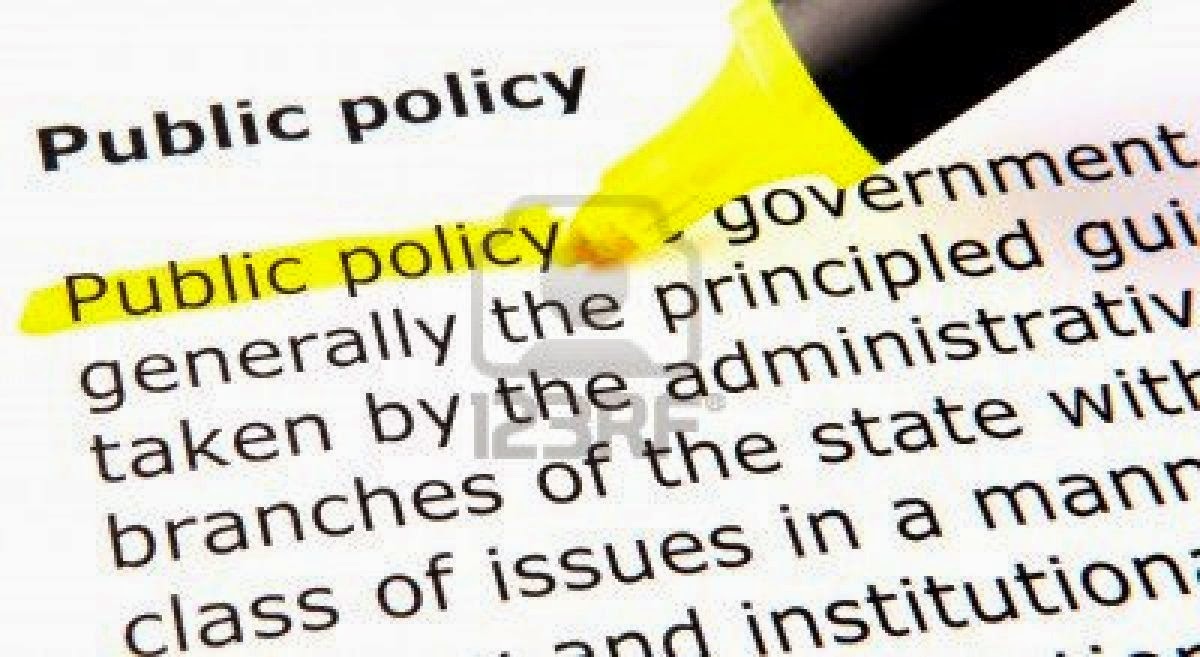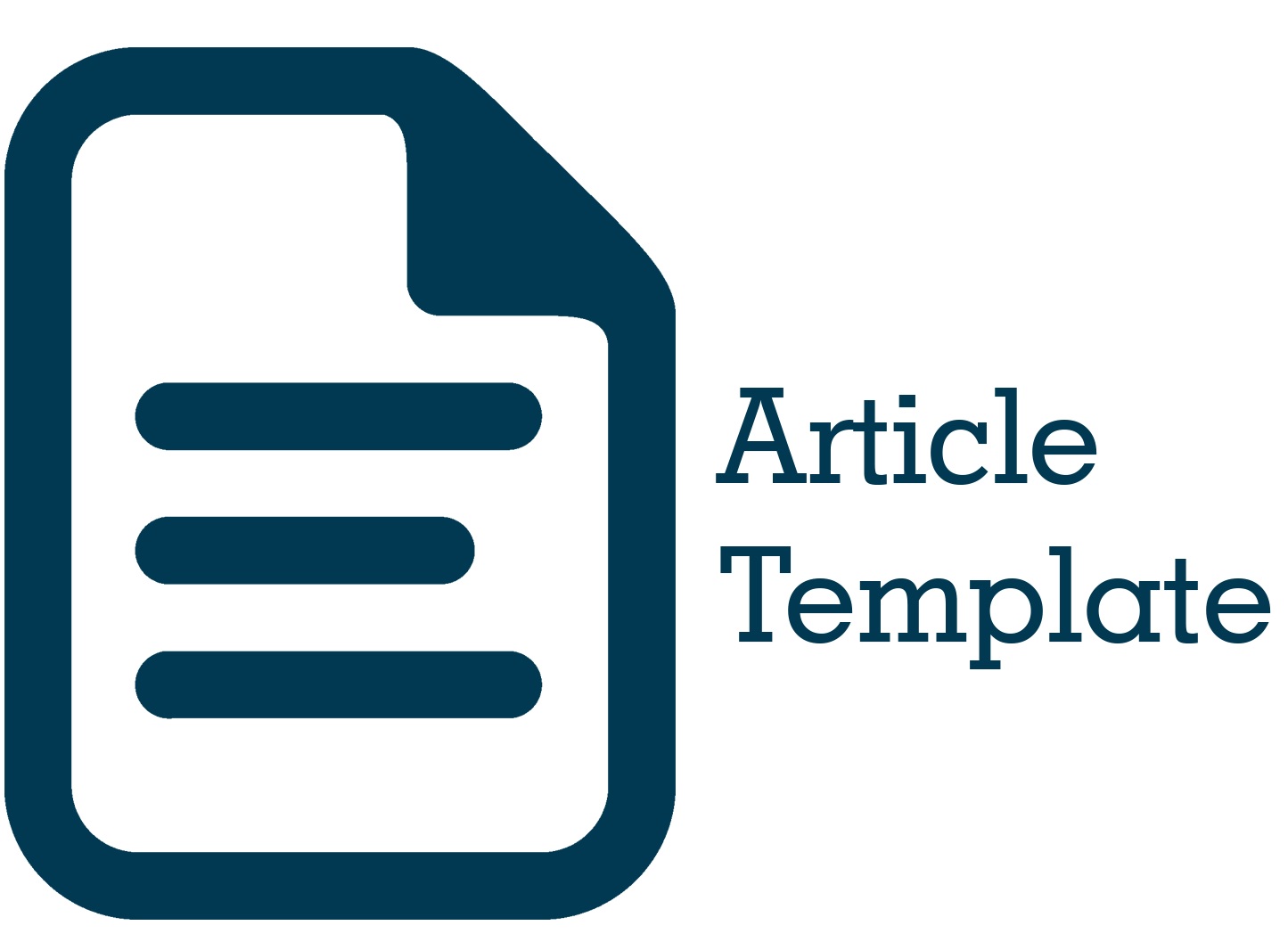Peran Mediasi Kepuasan pada Pengaruh Komunikasi Internal dan Perilaku Menyimpang Terhadap Kinerja Pegawai
DOI:
https://doi.org/10.51135/PublicPolicy.v4.i2.p443-462Keywords:
Internal Communication, Worplace Deviant Behavior, Job Satisfaction, Employee PerformanceAbstract
The purpose of this research is to examine and analyze the effect of internal communication and workplace deviant behaviour on employee performance through direct and indirect job satisfaction. The research was conducted on Self-Help Housing Stimulant Assistance (BSPS) activities at the Housing and Settlement Area Office of Central Maluku Regency. The type of data used is qualitative data. Data was collected through a questionnaire to 47 respondents.The data analysis technique uses statistical analysis using the outer model analysis test, inner model analysis test, and hypothesis testing. Data processing using SmartPLS 3. The results showed that: (1) internal communication has no direct effect on employee performance, (2) direct internal communication has a positive and significant effect on job satisfaction, (3) workplace deviant behavior has a negative and significant effect on job satisfaction directly, (4) workplace deviant behavior has a negative and significant effect on employee performance, (5) job satisfaction has a positive and significant effect on employee performance, (6) job satisfaction is a mediating variable for the indirect effect of internal communication on employee performance, and (7) job satisfaction is a variable mediating the indirect effect of workplace deviant behavior on employee performance.
Downloads

Downloads
Published
How to Cite
Issue
Section
License
Authors whose manuscripts are published in the Journal of Public Policy must agree to the following terms;
- Publication rights for all manuscript materials published are held by the editorial board with the author's consent.
- The legal formalities for digital access to the Journal of Public Policy are subject to the Creative Commons Attribution Sharealike (CC BY SA) license, which means the Journal of Public Policy has the right to store, redistribute, reformat, manage in a database, maintain, and publish the manuscript without seeking permission from the author as long as the author's name is included as the copyright owner.
- Published manuscripts are open access for the purpose of disseminating research results. Besides this purpose, the editorial board is not responsible for copyright law violations.


.png)



